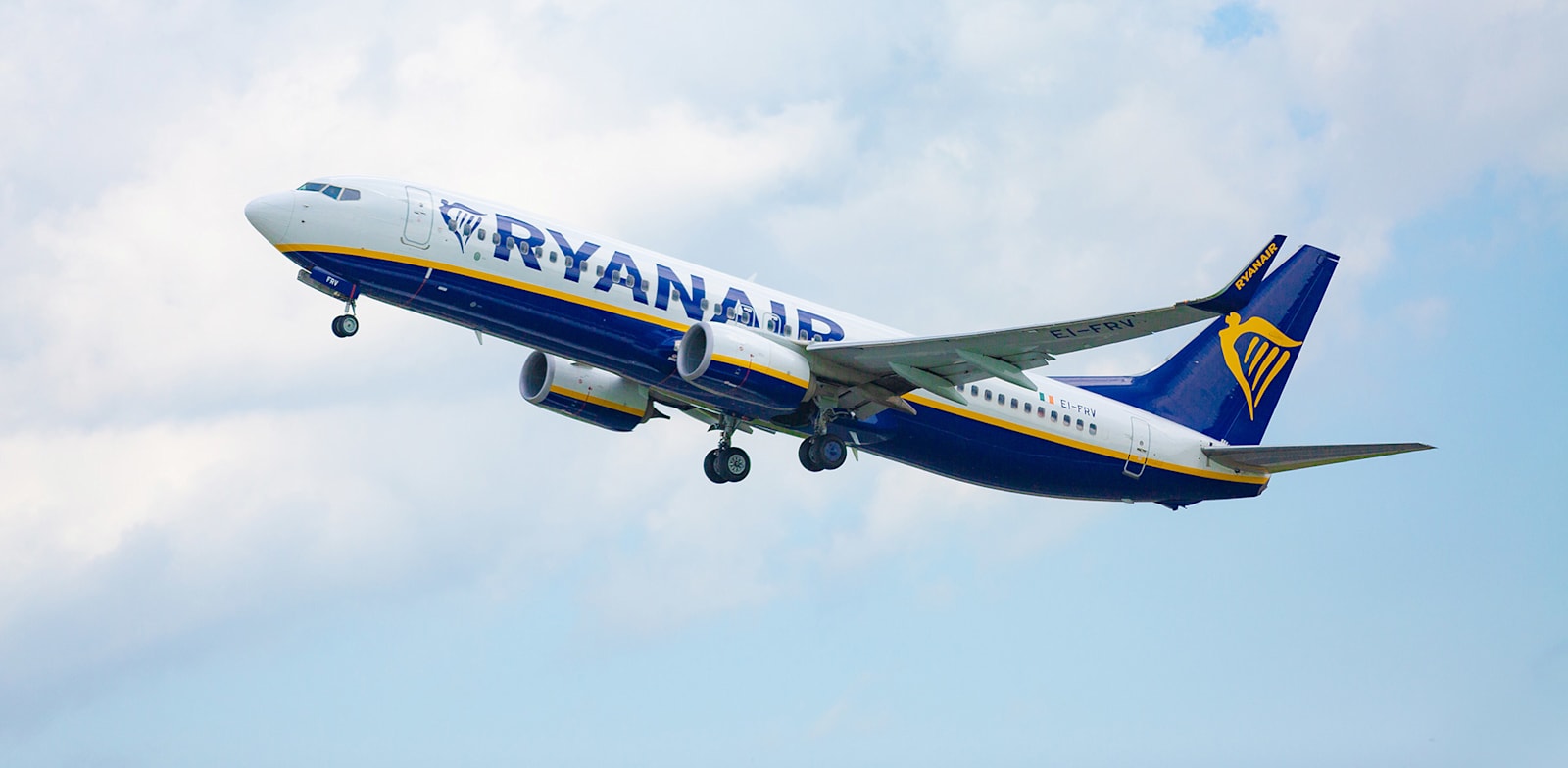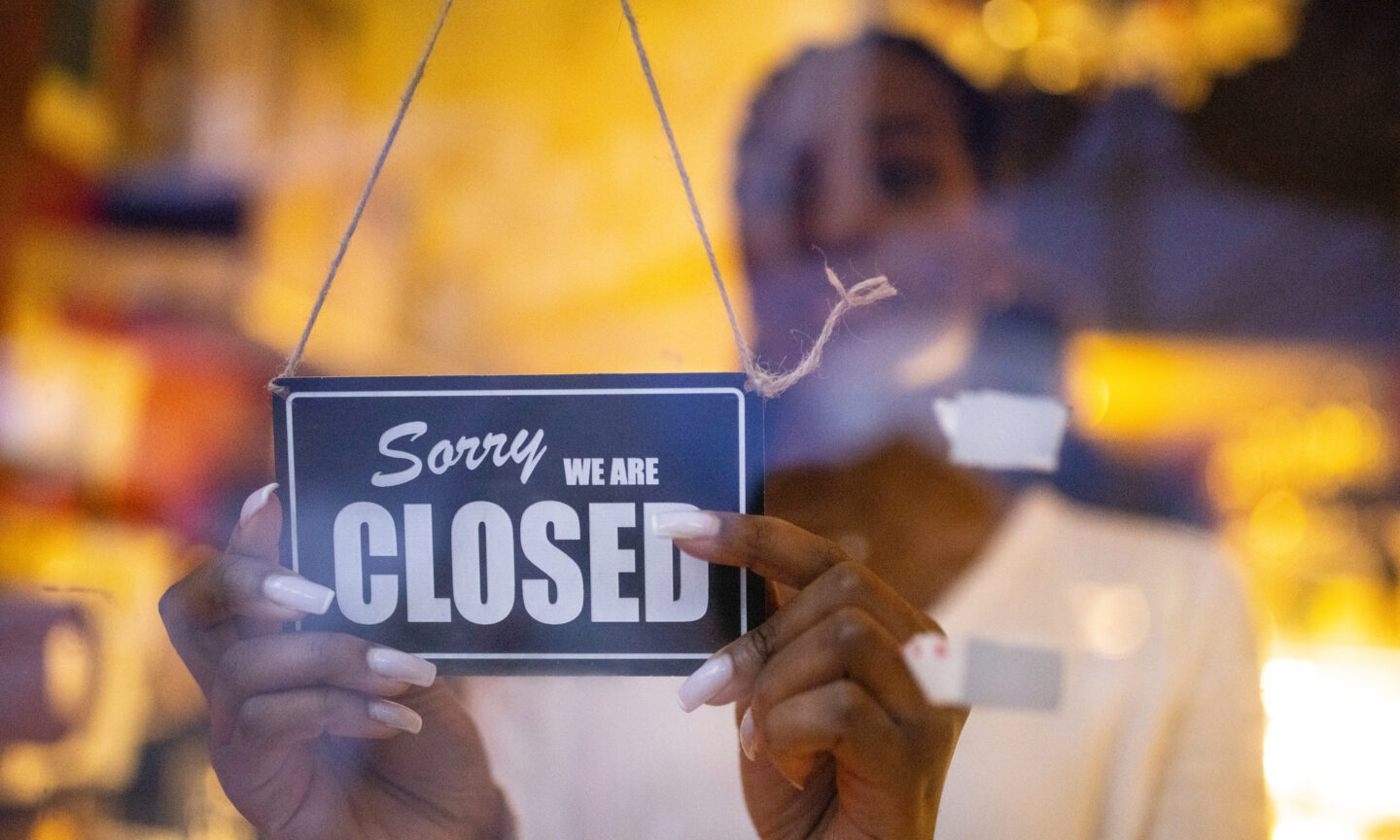The planned resumption of flights to Israel by Ryanair at the end of next month is in doubt after the Irish low-cost carrier sent a letter to the Israel Airports Authority (IAA) expressing concerns about its allocation of flight slots, which could impact its timetable at Ben Gurion airport.
In a letter sent last week to IAA CEO Sharon Kedmi, Ryanair CEO Eddie Wilson warned that the slot allocation policy at Ben Gurion airport does not allow the airline to operate in a planned and profitable manner. Wilson wrote that the slot allocation is “unstable and does not allow airlines to plan profitable operations.” He even handed an ultimatum to the IAA saying that if Ryanair’s previous slots are not returned by September 30, Ryanair will cancel its Israel winter and summer flight schedule and divert its planes to alternative destinations.
The IAA has rejected the demand. In an official response sent Thursday night the IAA insisted that Ryanair is treated equally and transparently like any other company, in accordance with Worldwide Airport Slot Guidelines (WASG) and international criteria. The IAA stressed that airlines such as British Airways, American Airlines and easyJet have also been forced to give up slots for the summer of 2026, after failing to meet the requirements, and added, “The IAA does not operate under threats of flight cancellations.”
Earlier this month, Ryanair Group CEO Michael O’Leary said that the company might not resume operations in Israel even after the war in Gaza ends. He claimed Ryanair had “encountered difficulties and problematic treatment from the Israel Airports Authority.” He hinted that the temporary suspension could turn into a permanent exit from the Israeli market.
What are the usual flight slot policies worldwide?
Slots are time windows for takeoff or landing that airlines automatically receive for a new season, provided it has used at least 80% of them in the previous season. This is an international rule, according to WASG, known as the “80/20 rule.”
Keeping a slot is conditional on regular activity. If an airline does not use its slots in the required sequence (usually at least 80% of the time), it may lose them, and they are reassigned. Since the start of the war the IAA has implemented a lenient policy and maintained the slots even for airlines that have not been flying to Israel, so that they would not be harmed in the long term. This is unusual, but acceptable in emergency situations.
The IAA recently announced that it would not continue to freeze the situation and that airlines that do not resume services will not be able to keep slots. Ryanair did not commit to returning, and therefore lost the allocations it had. Now, it is demanding that the slots be returned to it. On the other hand, in recent months, security instability has continued, making it difficult for airlines to operate in Israel and plan schedules.
RELATED ARTICLES
Ryanair CEO: We might not bother returning to Israel
Ryanair offers low fares from Tel Aviv for November
Wizz Air poaches two Ryanair routes
Ryanair is known as a low-cost airline that does not hesitate to renew and cancel routes according to commercial considerations. Over the past two years, the company has extended the cancellations of flights to Israel, sometimes for extremely long periods of time, and has not been in a hurry to resume operations, even during periods of calm.
Although this is an airline mainly driven by profitability considerations, public sentiment in Ireland, which is critical of Israel, may also serve as a significant consideration in its decision not to resume flights to Tel Aviv.
Published by Globes, Israel business news – en.globes.co.il – on September 26, 2025.
© Copyright of Globes Publisher Itonut (1983) Ltd., 2025.























